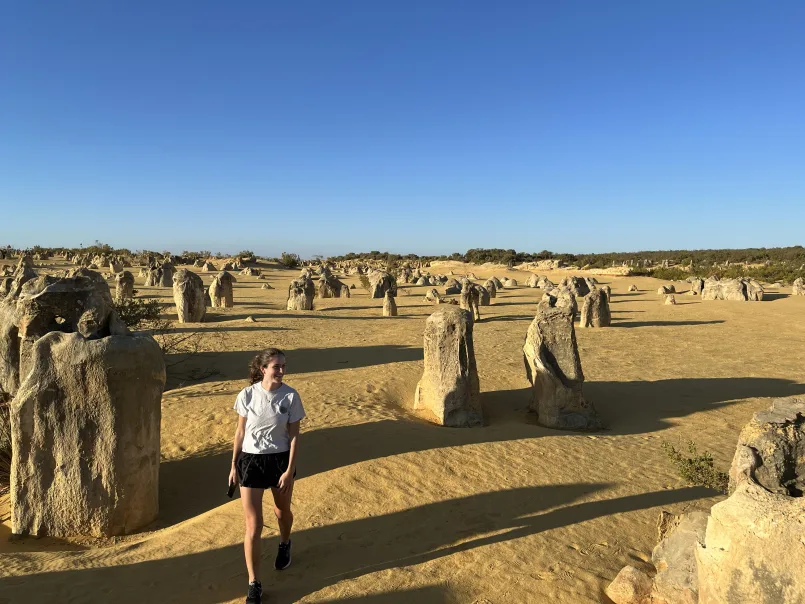Going into a neuroscience degree at Princeton University, Grace Glovier thought she would “either be a doctor or work in a research field.” She did placements in a hospital while studying psychopharmacology and neuroscience; an area where the science is still unpicking the complex biological and environmental underpinnings of psychiatry.
Grace loved the rigor of research but didn’t like the pace of clinical work. “I realized the progress of scientific research was a little too slow to keep me fully engaged. So then I had to consider, what am I going to do instead?”
Consulting offered a career where she would be constantly learning and could employ her skills as a researcher. Today, she is a Vice President with AlixPartners’ Corporate Strategy & Transformation practice.
“There are some similarities between consulting & scientific research. Before you approach a problem in either situation, you have to think through: What would I need to know to isolate what's causing this problem?” she explains. “Then you form a hypothesis, which you test and adapt as you dig into the data.”
That work is more collaborative on a client engagement than in the laboratory—something closer to what the medical field calls “shared decision-making”—and with demonstrated results.
“What success looks like is our team identifying a strong quantifiable business opportunity that the client is fully invested in and ready to implement,” says Grace.
There is sometimes an amazing opportunity to follow-up and track progress on those objectives a year or two on from a project as clients re-engage with the firm. “The really rewarding part is seeing that a client was able to execute the plans that we built and achieve the desired results,” she says.
If the emphasis for the Corporate Strategy & Transformation team is on building synergies with a client to improve performance and define metrics for success, being a part of AlixPartners’ team is equally a team endeavor, says Grace, for whom the intrinsic mentoring and merit-based advancement was a draw. “My project leaders think through how my developmental goals fit into the project work and then give me the opportunities and feedback that I need.”
The highlight of the past year for Grace was traveling to Australia and Malaysia for two work engagements to lead client workshops. “If you can show that you're ready to do something, people are always happy to give you more responsibility, regardless of your title, which I think is great,” the New Jersey native says.

That sense of adventure lends itself to the adaptive consulting lifestyle. During the engagement in Western Australia with an equipment manufacturer, Grace realized that on a prior trip to the region to kayak, she had been past one of the mines where the company’s machinery operated.
She has also volunteered with the Women’s Empowerment Matters employee resource group at AlixPartners, finding that her background in psychology provided a useful interlock to think about social matters such as how women often don’t promote their achievements as much as men.
From the hospital to AlixPartners and around the world, Grace sees more applications for her skills and educational founding over time, especially as tools like artificial intelligence (AI) supplant some business operations. “It's one thing to present data to a client, but convincing an organization to change is a whole different skill set that I don't see AI impacting soon,” she says. “As you progress in consulting, the job becomes more about relationship management skills, which will be harder for AI to replace.”
Her success in consulting doesn’t just come down to her skills as a scientist, but as someone able to make leaps in real-world situations to find new solutions.
